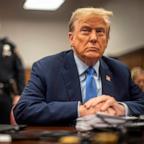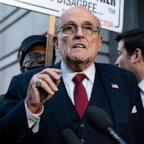COLUMN: It's up to us to bridge the great divides that seem to exist at all levels in America
To start on a path towards a solution it is up to all of us.
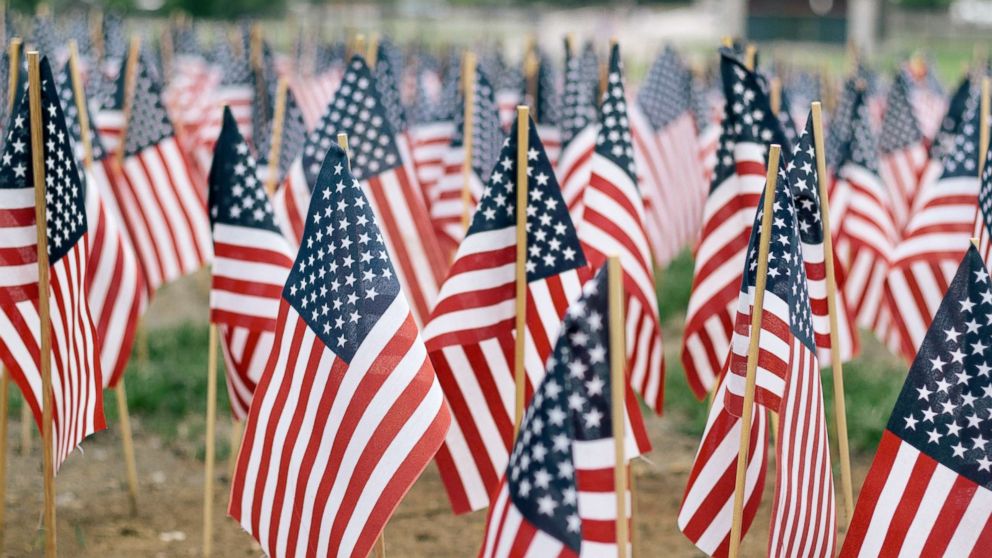
In late October 2012, I wrote a column expressing the need in America for our own version of a Camp David “Middle East” peace conference after Election Day. In part saying, “We are becoming more a nation of tribes in which we align ourselves with a certain side and are unwilling to unite for the benefit of the country as a whole." As many sociologists and historians have pointed out, democracy can’t survive or function in tribal cultures. We are on a fast road to a broken democracy with an inability to reach consensus on the big issues.
There are many things to blame for this: A media culture that seems to reward and encourage bitter and rancorous communication; a political culture that puts party over country; an unwillingness for all sides to sacrifice for everyone’s benefit; and a winner-takes-all attitude at every level, in which compromise and agreement are seen as signs of weakness as opposed to strength.
What can we do? How can we again become the United States of America, and bridge the great divides that seem to exist at all levels? It is the biggest problem that I believe is facing the country because without solving it we can’t really solve any other problems. To start on a path towards a solution it is up to all of us, individually, as well as the two parties and presidential candidates.
For us, as individuals, we need to begin to bridge these divides in our own neighborhoods and communities. In our behaviors and communication, we need to open ourselves up to more diversity and understanding of others’ points of view. We need to be able to discuss issues without yelling. We need to treat each other with respect and dignity, not see each other as an opponent or enemy. And we need to begin to make choices in the news that encourage respect and calm as opposed to raising the heat. We need to practice the golden mean in how we act and what we say and what we watch.
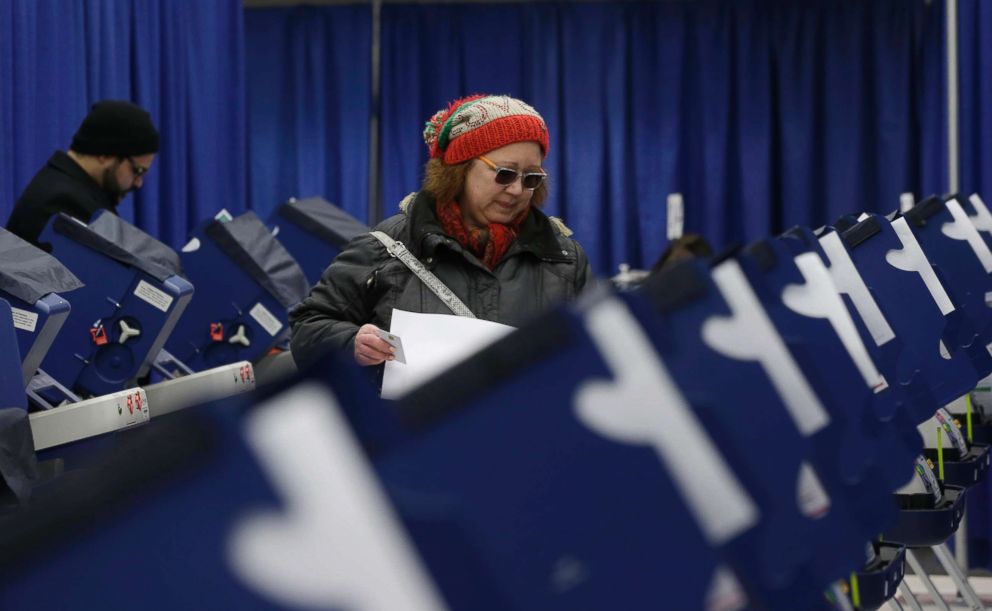
The first order of business on election night will be for the victor to begin to heal the divisions and build bridges on each of the divides. But it can’t just be words. After that, we need to have our own peace accord. In the past, we have brought fighting countries to Camp David to try and build a lasting peace. We need to have our own Camp David talks among ourselves to solve these incredible divides and polarization. These summits should include leaders from around the country in politics, faith, business and social entrepreneurs. This United States peace process should be out of the glare of cameras and media, so leaders cannot feel pressured to run back to their side and revert to partisan talking points.
Boy, oh boy, this is even truer six years later in the presidency of Donald Trump. Tribalism has been exacerbated, and, now, we have a GOP which holds nearly all the power in Congress refusing to hold a President of their own party accountable, and, in many ways, enabling him in his attacks on truth, the rule of law, and our needed common good institutions. And because of President Trump and his White House, civic relationships have become so much coarser and abusive than just a few years ago. The power structure of America is fundamentally shifting, that we may need to take a lesson from South Africa in the aftermath of apartheid.
In America for 240 years, white Christian heterosexual men have basically held nearly all levers of power: political, economic, and religious. Today, that power dynamic is fundamentally changing as women, people of color, people of many faiths or no faith, and diverse people of sexuality begin to hold positions previously held by the old power structure, and this will only increase in the years ahead. As a reaction to this shifting power in America, among a large portion of the population, this causes frustration, fear, anxiety and in some cases anger. This reaction to the changing power dynamic is one of the explanations for the rise of Trump and what he stood for.
Yes, what was going on in South Africa prior to 1994 is different than America, but the resulting shifts in authority have caused similar reactions. In a step towards restorative justice, South Africa took the unusual step of forming the Truth and Reconciliation Commission. Their goal, with imperfect steps in the process, was to try to get at the truth of what had happened during apartheid, discovering who was responsible and might need to be held accountable, but most importantly to heal the wounds and reconcile the country as one to be able to move forward. We may need to do the same thing in America as elections unfold in the next three years. Instead of punishing others and dividing us even more, I hope we can pursue the truth and then reconcile ourselves as a country in order to again achieve the common good. It is going to take strong and compassionate leaders throwing out the ends to justify the means approach.
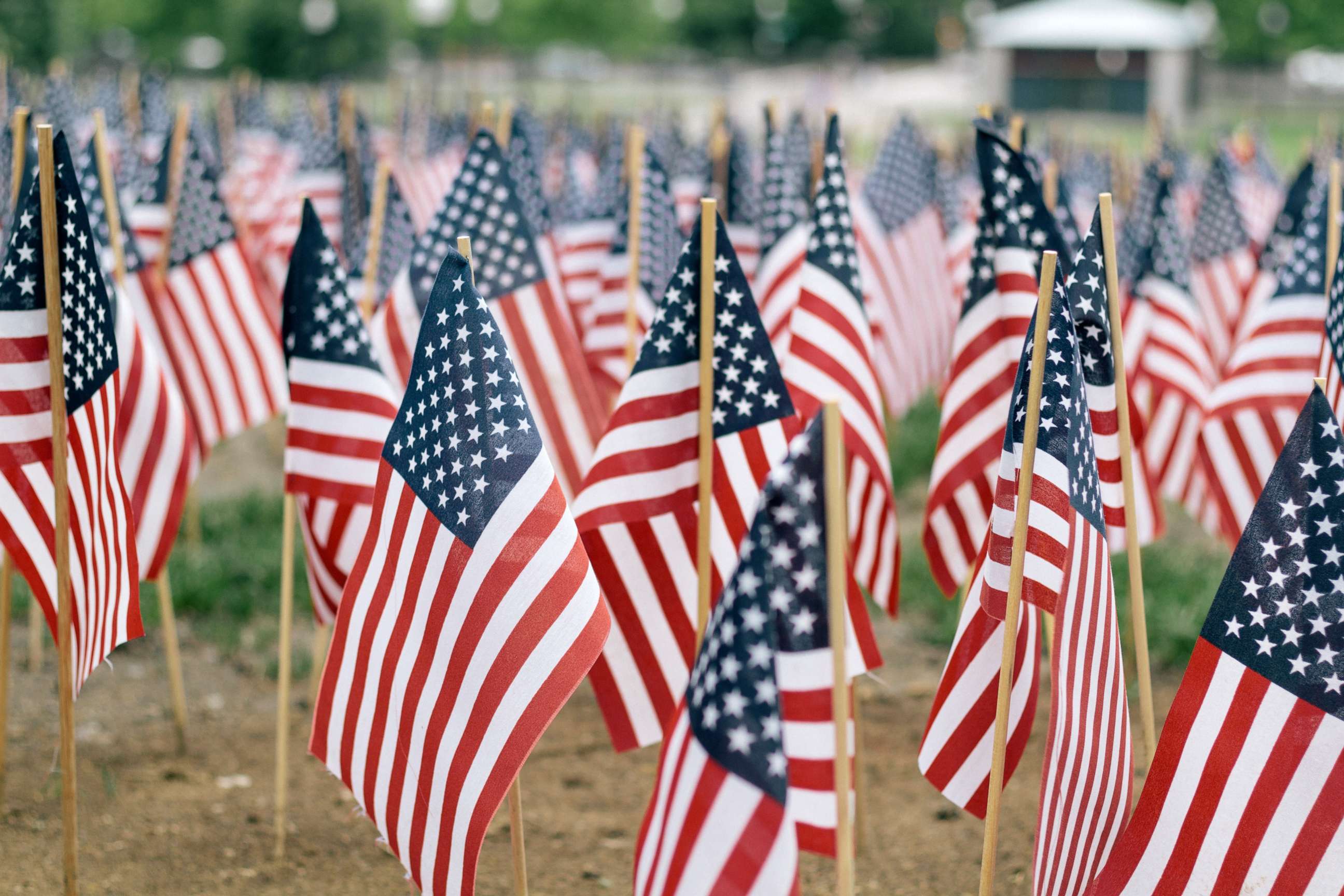
In the last era of America, which had as serious divides as we do today, a leader stood up as president to try to move towards compassion and justice and to heal and not punish. Abraham Lincoln, as the Civil War drew to a close, said in his second inaugural address in March, 1865: “With malice toward none, with charity for all, with firmness in the right as God gives us to see the right, let us strive on to finish the work we are in, to bind up the nation’s wounds, to care for him who shall have borne the battle and for his widow and his orphan, to do all which may achieve and cherish a just and lasting peace among ourselves and with all nations.”
Less than a month later, Lincoln was tragically killed. We again sadly fell back into tribalism for a time with this sentiment being postponed for years. We must in America if we want to heal our Republic, come together and “bind our wounds." Whether this is through a Camp David peace accord formed among disparate interests in America or our version of the South Africa Truth and Reconciliation Commission. If we merely seek to punish others and restore one tribalism for another as one side wins an election every two years, we will lose what so many before us have fought and died for, and we will dishonor the memories of not only our founders but every American who has stood up for our fundamental ideals and values.
It will take leaders of the same charity, compassion, and thoughtfulness as Lincoln and Mandela to arise in many fields too, once again, appeal to the better angels of our nature. As Lincoln said: “We are not enemies, but friends. We must not be enemies. Though passion may have strained, it must not break our bonds of affection. The mystic chords of memory will swell when again touched, as surely they will be, by the better angels of our nature.”
Matthew Dowd is an ABC News analyst and special correspondent. Opinions expressed in this column do not necessarily reflect the views of ABC News.
